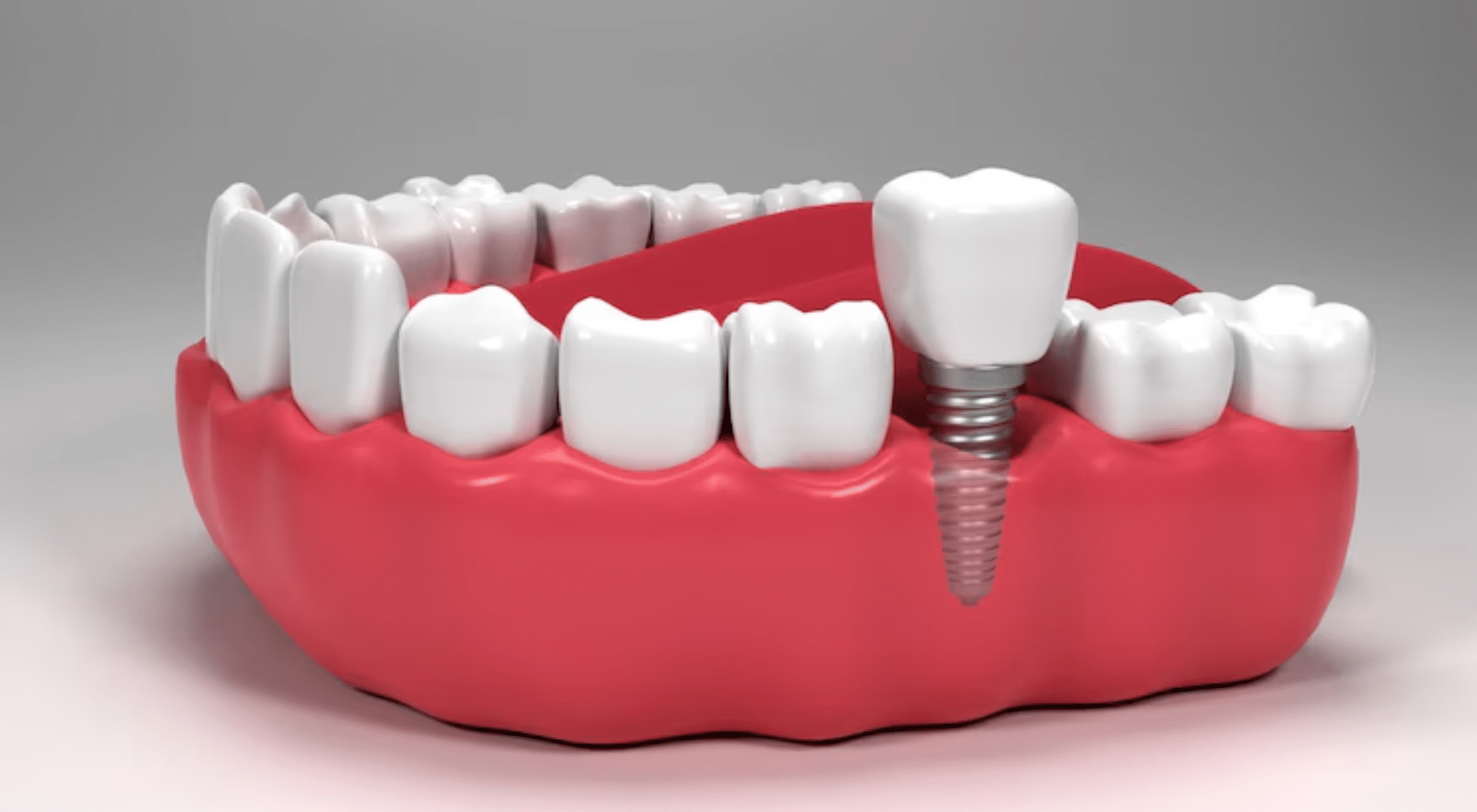
How to Care for Your Dental Implants: Tips and Tricks
Dental implants are a revolutionary solution for restoring your smile and regaining confidence. Whether you’ve received a single-tooth dental implant, an implant-supported bridge, or an implant-supported overdenture, it’s essential to understand how to maintain and care for these valuable dental enhancements.
This comprehensive guide will delve into the intricate details of prosthetic teeth care. Stay till the end, as it covers practical tips and expert advice to ensure your implants remain healthy and functional.
Single Tooth Dental Implant
Here are a few steps to keep your single-tooth implant in perfect state.
Maintain Oral Hygiene
Caring for a single artificial tooth is akin to maintaining natural teeth. Brush your teeth and implants daily, ensuring you clean all surfaces meticulously. Use a soft-bristle toothbrush and fluoride toothpaste. Pay special attention to the area around the implant, as plaque buildup can lead to gum disease and implant complications.
Regular Dental Check-ups
Consistent dental check-ups are vital to monitor the health of your single-tooth implant. Your dentist will assess the implant’s condition, evaluate the surrounding gum tissue, and perform professional cleanings. These visits are a prime opportunity to catch any issues early, preventing complications down the road.
Avoid Hard and Sticky Foods
It’s crucial to protect your prosthetic teeth from potential damage. Steer clear of excessively hard or sticky foods that could strain or harm the implant. Examples include ice, hard candies, and overly sticky substances. Chewing these items can put unnecessary pressure on your implant, risking its integrity.
Implant-Supported Bridge
Follow these steps when it comes to caring for your implant-supported bridge.
Flossing Between Bridge Teeth
Implant-supported bridges are designed to replace multiple missing teeth. To maintain their health, proper oral hygiene is essential. Using specialized flossing tools, clean between the bridge teeth to prevent the buildup of food particles and plaque. This preventive measure will contribute to the long-term success of your implant-supported bridge.
Mouthwash for Implant-Supported Bridges
Incorporating antimicrobial mouthwash into your daily routine can help keep the area surrounding your implant-supported bridge free from harmful bacteria. This practice reduces the risk of infections or gum diseases, enhancing the bridge’s longevity.
Night Guards for Teeth Grinding
If you suffer from teeth grinding, known as bruxism, protecting your implant-supported bridge is essential. Teeth grinding can exert excessive force on the implant and adjacent teeth, potentially leading to damage. Consult your dentist to obtain a custom-made night guard to wear while sleeping. This protective appliance helps distribute the forces exerted by grinding, safeguarding your implant-supported bridge.
Implant-Supported Overdenture
Often, dentists recommend doing these to keep your implant-supported overdentures well-maintained.
Remove and Clean the Overdenture
An implant-supported overdenture is a removable prosthesis that rests on dental implants. To maintain its health, remove and clean it regularly. This practice prevents the accumulation of debris and bacteria underneath the denture, safeguarding your oral health.
Brush the Implants
Brushing your implant attachments and the surrounding gum area with a soft-bristle toothbrush is essential for keeping the implant site clean and debris-free. Using a non-abrasive or low-abrasive toothpaste is crucial to avoid damaging the implants.
Denture Adhesive Use
Some patients find that using minimal denture adhesive provides added stability and comfort. Consult your dentist to determine if this is necessary for your implant-supported overdenture. Adhesive usage can vary from person to person, so it’s essential to follow your dentist’s recommendations.
General Tips for All Types of Dental Implants
Don’t ignore these tips to ensure your implants function as real teeth for many years.
Smoking Cessation
Smoking is a significant risk factor for dental implant failure. The chemicals in tobacco can hinder the healing process and weaken bone structure. Consider quitting smoking to enhance the chances of long-term implant success.
Limit Alcohol and Caffeine
Excessive alcohol and caffeine consumption can impact the bone structure around your artificial teeth. These substances can lead to bone loss or weaken the implant’s anchoring. Consume them in moderation to support the longevity of your implant.
Stay Hydrated
Proper hydration is vital for maintaining healthy gums and overall oral health. Drinking adequate water helps your body function optimally and contributes to the health of your prosthetic teeth.
Medical Conditions and Medications
Keep your dentist informed of any changes in your medical history or medications. Certain medical conditions and drugs can affect the health and stability of your dental implants. Your dentist can make necessary adjustments or recommendations to mitigate any risks.
Professional Cleanings
Regular professional cleanings performed by dental hygienists are essential for dental implant care. These cleanings target hard-to-reach areas around your implants and remove tartar and plaque buildup. They play a significant role in preventing infections and complications.
Source: TMJ4 News
Maintaining your dental implants is fundamental to their long-term success. Whether you have a single-tooth dental implant, an implant-supported bridge, or an implant-supported overdenture, it’s essential to uphold proper oral hygiene, attend regular check-ups, and consider lifestyle adjustments.
Following these tips and tricks discussed above can ensure that your dental implants remain a valuable investment in your smile and overall oral health. Remember, a beautiful, confident smile begins with well-maintained prosthetic teeth.




